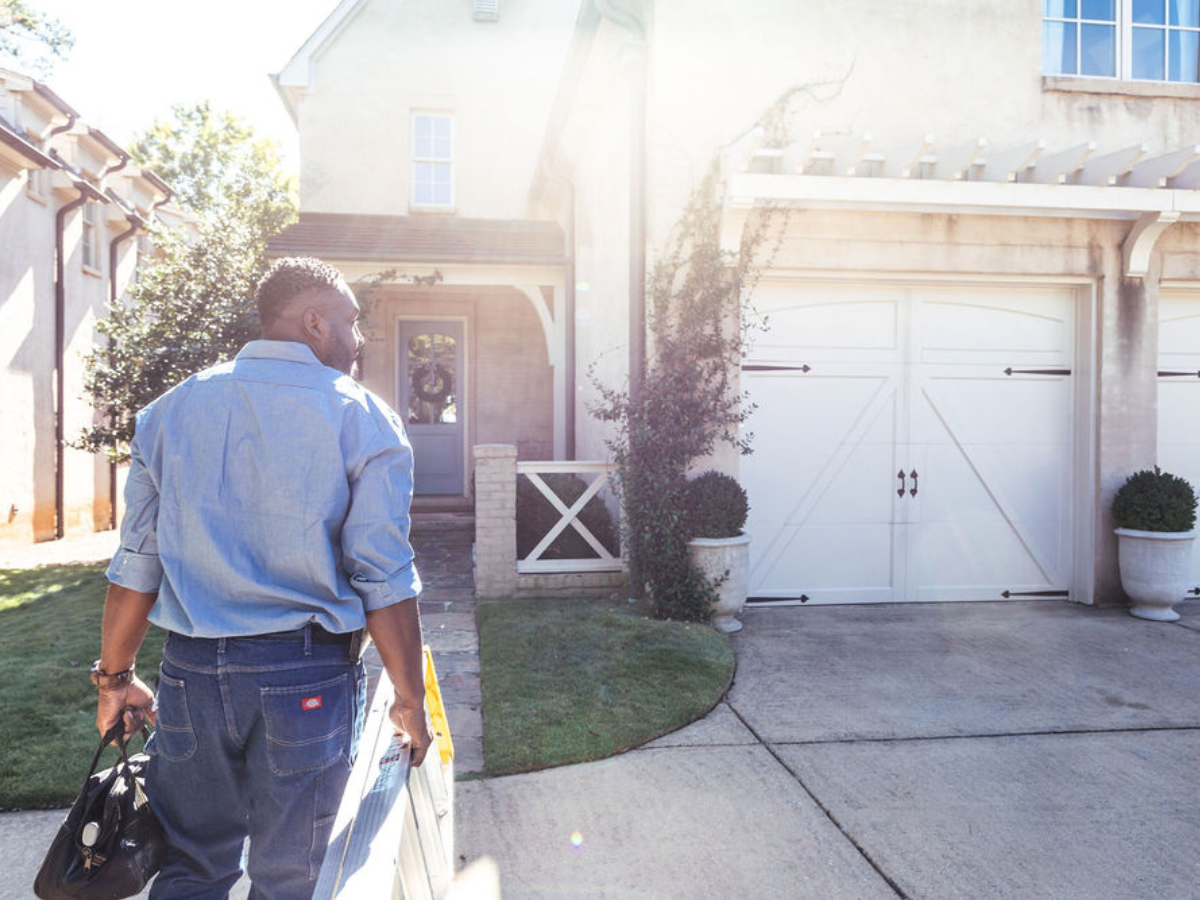Property owners in Dallas often experience fear and anxiety when they think about potential property damage from delayed or inadequate maintenance. This fear is not unfounded, as neglecting property maintenance can have severe consequences. Landlords need to understand the importance of property maintenance for ensuring the integrity and value of their properties.
Among other topics, this article will explore the consequences of neglecting property maintenance, strategies for effective maintenance management, dealing with unexpected property damage, and the technological tools available for streamlined maintenance management.
Introduction
Maintenance is an essential aspect of property management and should never be underestimated. By maintaining a property proactively, landlords can avoid costly repairs, prevent further damage, and ensure the safety and satisfaction of their tenants.
Neglecting property maintenance can lead to a domino effect of issues that can quickly spiral out of control. It can pose health risks to occupants and increase repair costs. Neglecting maintenance can also lead to code violations and legal liabilities, putting landlords at risk of fines and lawsuits.
Effective maintenance management involves more than just fixing things when they break. It requires a proactive approach. By staying ahead of maintenance needs, landlords can prolong the lifespan of their property, maintain its value, and keep tenants happy. Furthermore, a well-maintained property attracts higher-quality tenants and can command higher rents.
Section 1: The Consequences of Neglecting Property Maintenance
Immediate Impacts
One of the immediate impacts of delayed or inadequate maintenance is increased costs. When minor issues are left unattended, they can escalate into major problems that require expensive repairs. Neglecting maintenance can lead to severe property damage, such as leaks, structural issues, or electrical faults. These damages not only put the property at risk but also pose safety hazards to tenants.
Long-Term Effects
The long-term effects of neglecting property maintenance are equally concerning. When a property is not properly maintained, its value depreciates. Prospective tenants will be less inclined to rent a property that shows signs of neglect, leading to increased vacancies and financial loss. Moreover, neglecting maintenance ultimately results in higher long-term expenses as major repairs become inevitable.
Section 2: Importance of Routine Maintenance
Preventive Measures
Routine maintenance plays a crucial role in preventing significant damage to a property. Regular inspections allow landlords to identify and address potential issues before they escalate.
Cost Benefits
Implementing a routine maintenance schedule is far more cost-effective than dealing with the high expenses associated with major repairs resulting from neglect. Regularly inspecting and servicing equipment, conducting preventative measures, and addressing minor issues promptly can save landlords a substantial amount of money in the long run.
Section 3: Strategies for Effective Maintenance Management
Regular Inspections
Landlords should conduct regular inspections to ensure that all aspects of the property are in proper working condition and compliant with safety regulations. This includes checking plumbing, electrical systems, HVAC, structural integrity, and the overall cleanliness of the property. By identifying potential issues early, landlords can take immediate action to resolve them.
Maintenance Checklist
A comprehensive maintenance checklist tailored to the property's specific needs is an invaluable tool for landlords. By creating a checklist that encompasses seasonal maintenance tasks, landlords can ensure that all necessary maintenance activities are accounted for. This checklist can include items such as gutter cleaning, HVAC servicing, landscaping, and exterior maintenance.
Section 4: Dealing with Unexpected Property Damage
Immediate Response Plan
Despite proactive maintenance efforts, unexpected property damage can still occur. Landlords should have an immediate response plan, taking swift action to assess and contain the damage. This may involve shutting off utilities, contacting emergency repair services, and documenting the extent of the damage for insurance purposes.
Professional Assistance
There may be instances of property damage where professional assistance is necessary. Building a reliable network of contractors and repair specialists can ensure that landlords can get the help they need in times of unexpected damage. Professional expertise ensures efficient repairs and also minimizes the likelihood of further damage.
Section 5: Implementing a Maintenance Plan
Setting Up a Maintenance Schedule
An effective maintenance plan requires a regular schedule. Landlords should develop a schedule that covers all critical areas of the property. This includes routine inspections, preventive measures, and scheduled maintenance tasks.
Communication with Residents
Landlords should communicate to their tenants the importance of reporting maintenance issues promptly and provide clear channels for making such reports. Encouraging open communication with tenants creates a sense of shared responsibility and enables landlords to address maintenance concerns promptly.
Section 6: Technological Tools for Maintenance Management
Maintenance Management Software
To streamline maintenance processes and enhance efficiency, landlords can leverage maintenance management software. These software options offer features such as task tracking, repair scheduling, and expense documentation. By utilizing such tools, landlords can centralize their maintenance operations and simplify the management of tasks and expenses.
Benefits of Technology Integration
The integration of technology into maintenance management reduces errors associated with manual tracking, saves time by automating processes, and provides a comprehensive overview of all maintenance activities. Technology integration also allows landlords to generate reports, analyze maintenance trends, and make data-driven decisions to optimize their maintenance strategies.
Conclusion
Addressing the fear of property damage due to delayed or inadequate maintenance is vital for Dallas landlords. Timely and effective maintenance not only protects the property's integrity and value but also saves landlords from the financial burden of major repairs and long-term expenses. By understanding the consequences of neglecting maintenance and being proactive in implementing maintenance measures, landlords can overcome their fears and ensure the long-term success of their properties.
And don’t worry. If the above seems like all too much, you can always outsource maintenance and repairs to a professional property management company. Reach out to our local team today!


